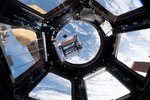Meet the Mentors! - 2025 Genes in Space Competition
Each year, the Genes in Space finalists are tasked with turning their innovative ideas into polished presentations for our judges, but they don't have to do it alone! Genes in Space mentors serve as advisors, coaches and enthusiastic supporters, all while juggling their own research endeavors. Get to know our exceptional lineup of 2025 Genes in Space mentors below:
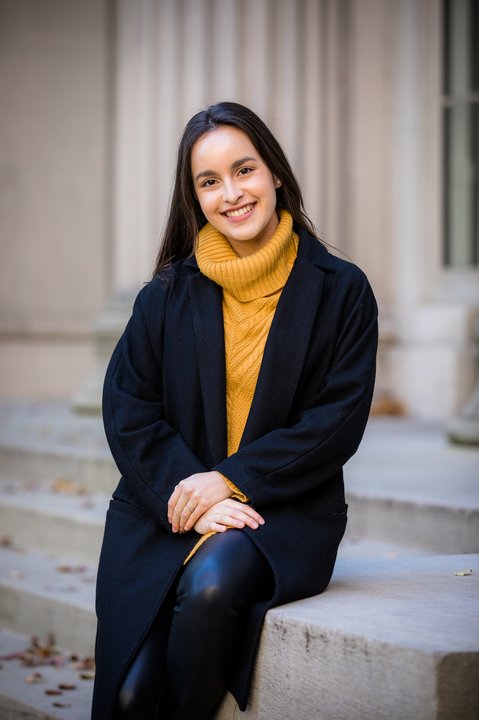 Marissa Rose Morales
Marissa Rose Morales
Marissa Rose Morales
3rd year PhD student, MIT
What I Study: Cell therapies are the next generation of pharmaceuticals, providing hope for patients with formerly incurable diseases like cancer, HIV, and sickle cell anemia, yet much of the world lacks access due to the unprecedented high costs of treatment. I aim to lower cost and improve manufacturing efficiency of cell therapies by using machine learning and Raman spectroscopy, a noninvasive, rapid, single-cell phenotyping method based on the inelastic scattering of photons. With this technique, manufacturers may be able to gain insight into process success soon after transfection and even predict the potency of the cell product in vivo.
Why I Mentor: I have a passion for engineering in low-resource settings, both for global health applications and in spaceflight, a passion that started when I was in high school. I love that Genes in Space gives young people the opportunity to dive into the questions that excite them and make real advancements in bioastronautics. I'm excited to prepare my mentee for a successful project proposal but also to learn from them and their creative ideas!
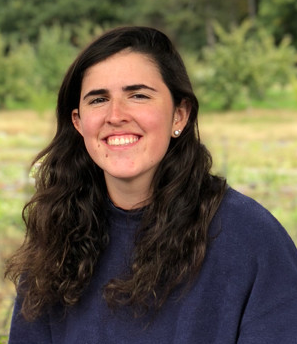 Julie McDonald
Julie McDonald
Julie McDonald
5th year PhD student, MIT
What I Study: I am using protein engineering in an effort to improve plant and bacterial photosynthesis. Particularly, I am trying to evolve the enzyme RuBisCO to have improved carboxylation efficiency, meaning that organisms with an improved enzyme will have an easier time pulling carbon dioxide out of the atmosphere.
Why I Mentor: I mentor to guide and inspire the next generation of scientists. My own scientific career has been shaped by the excellent mentorship I’ve received over the years, and I value any opportunity I have to pass on what I’ve learned to support younger students. I’m looking forward to my first year of mentoring for Genes in Space - I have already been blown away by the curiosity, creativity, and expertise that has been demonstrated in the proposal stage!
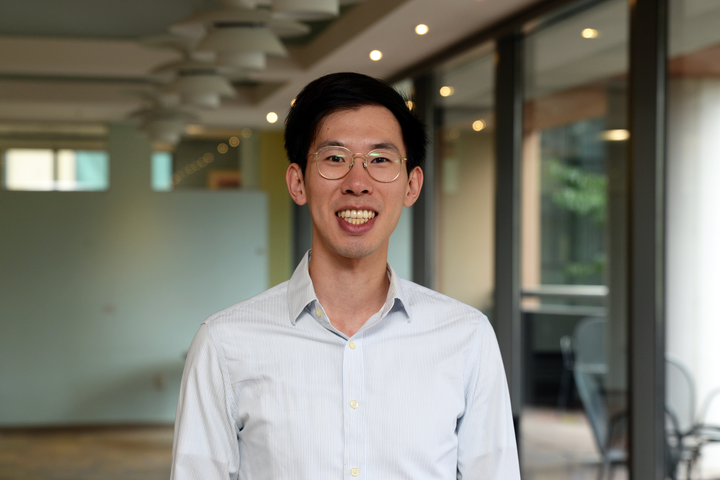 Glenn Li
Glenn Li
Glenn Li
9th year PhD student, MIT
What I Study: Organisms face a wide array of stressful environments and must adapt to these changing environments to survive. I use genetic and structural-biology tools to study how yeast cells alter their core gene-expression machinery to cope with stressful conditions.
Why I Mentor: Passionate and caring mentors have been a key part of my scientific training, and aspire to pass on the things I’ve learned, and to share my love for biology and for space with the next generation of young scientists!
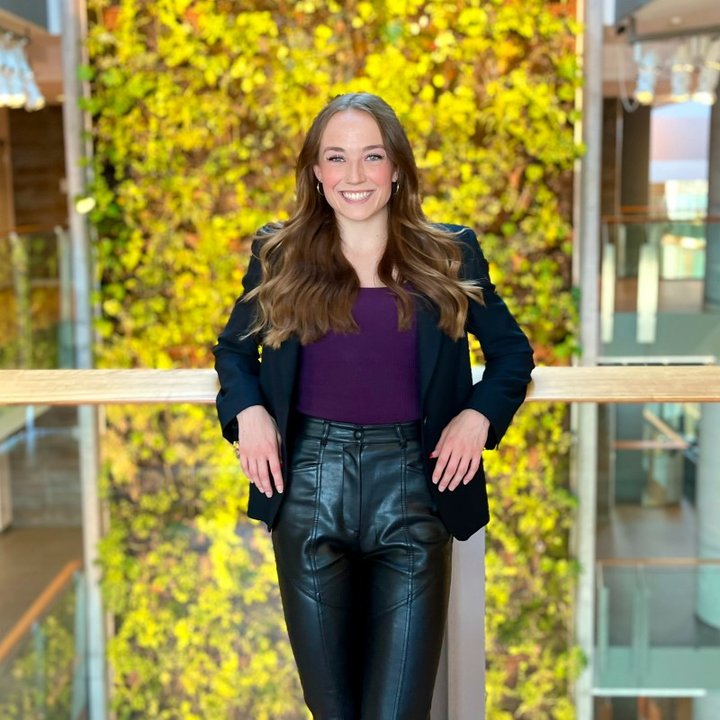 Taylor Lanosky
Taylor Lanosky
Taylor Lanosky
2nd year PhD student, Harvard University
What I Study: As a graduate student in George Church’s lab, my projects focus on bioengineering for space and sustainability. I engineer microbes (yeast and bacteria) to act as probes for life on other planets, to produce nutritious and tasty food in space and other low-resource settings, and to generate extreme bio-based building materials for extraterrestrial environments.
Why I Mentor: I mentor because I had great mentors over the course of my own academic journey that helped me get where I am today all the way from a small town in rural Canada! It is because of my mentors that I believe not even the sky is the limit (space pun intended), and I hope to instill this same passion and inspiration in the next generation of scientists. Plus, young scientists ask some of the coolest questions that help shape the future of research, so they inspire me as well!
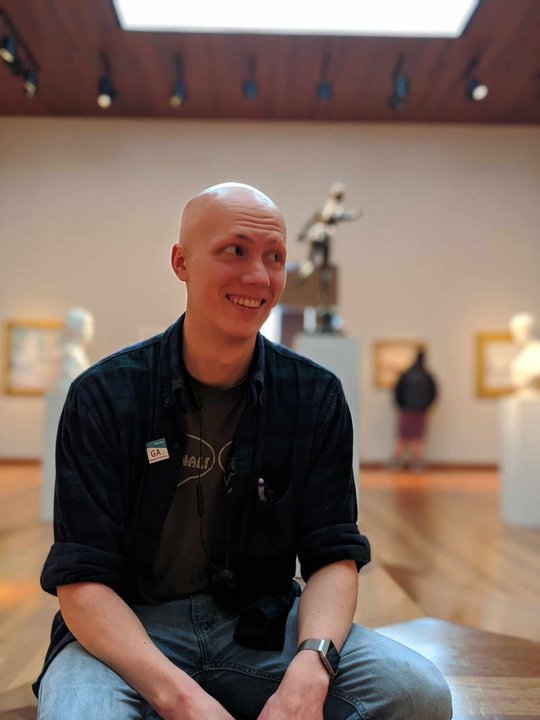
Nick Nolan
4th year PhD student, MIT
What I Study: Molecular chaperones are a type of protein in bacterial and mammalian cells that have the sole purpose of helping other proteins to fold. I've been quantifying the extent to which chaperones are a limited resource within the cell, and the resulting dynamics that might arise because of that resource limitation. Ultimately, our goal is to make biological system design more predictable!
Why I Mentor: Every generation has its own set of large-scale problems that it encounters and must solve. Sometimes, this solution comes in the form of peace and justice; other times, a technological leap forward that saves lives. One problem that persists across all generations is the need to prepare the future generations to solve their large-scale problems. This last problem is really why I mentor: by working with you Genes in Space students, I get to help prepare you to solve the big problems of your time. It's an added benefit that I also get to see all the cool and creative ideas you have and learn about the problems you want to solve

